Angela Fitzgerald: And for a special group who . . . might just feel tired, like, like we’ve said this isn’t anything new, this has been going on for so long. What would you say to that audience?
Dr. Gloria Ladson-Billings: The historian in me always takes the long view. I am from a family in which my great-grandparents were slaves. And I’m inspired by sort of the father of CRT, Derrick Bell, who says, “Just because something is impossible doesn’t mean it’s not worth doing. “
So my great-grandparents were in an impossible situation. They were in bondage. But I bet every day they thought about, “How can we get out of this?”
And so then my grandparents, on both sides, mother’s side and father’s side, were sharecroppers. An impossible situation. You could never get out of sharecropping. You could never get ahead. You could never own property. It was impossible. But they still fought against it.
Then my own parents grew up in state-sponsored segregation. Legal apartheid. My mother could not try on a hat in a downtown department store. An impossible situation, where you have to sit in the back of a bus and you have to knowingly go to a substandard school, if you got to go to school. Impossible. But they fought against it.
So then here I am, an endowed professor with ten honorary degrees.
Go back to my great-grandparents, right? So people who are willing to fight against the impossibility, who understand that just because it’s impossible doesn’t mean it’s not worth doing, is what encourages and emboldens me.
My expectations for the next generation and the generation beyond that are quite high, because I know we have this capacity. In fact, our youth don’t even think about race the same way we do. And so that’s encouraging.
Angela Fitzgerald: Wow. You’re making me tear up a little bit with your breakdown, but that is so true. Thank you for that.
Watch more Why Race Matters online and on the PBS app on your phone, tablet, Roku, or any other streaming device.
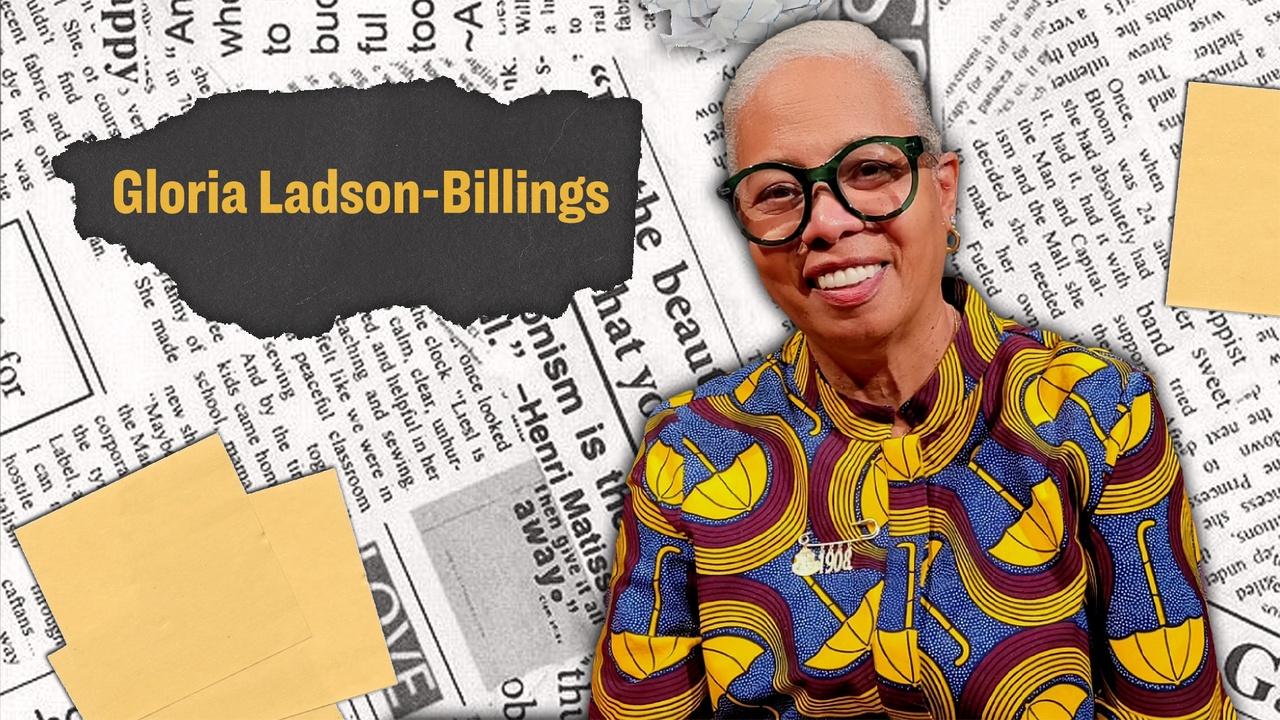
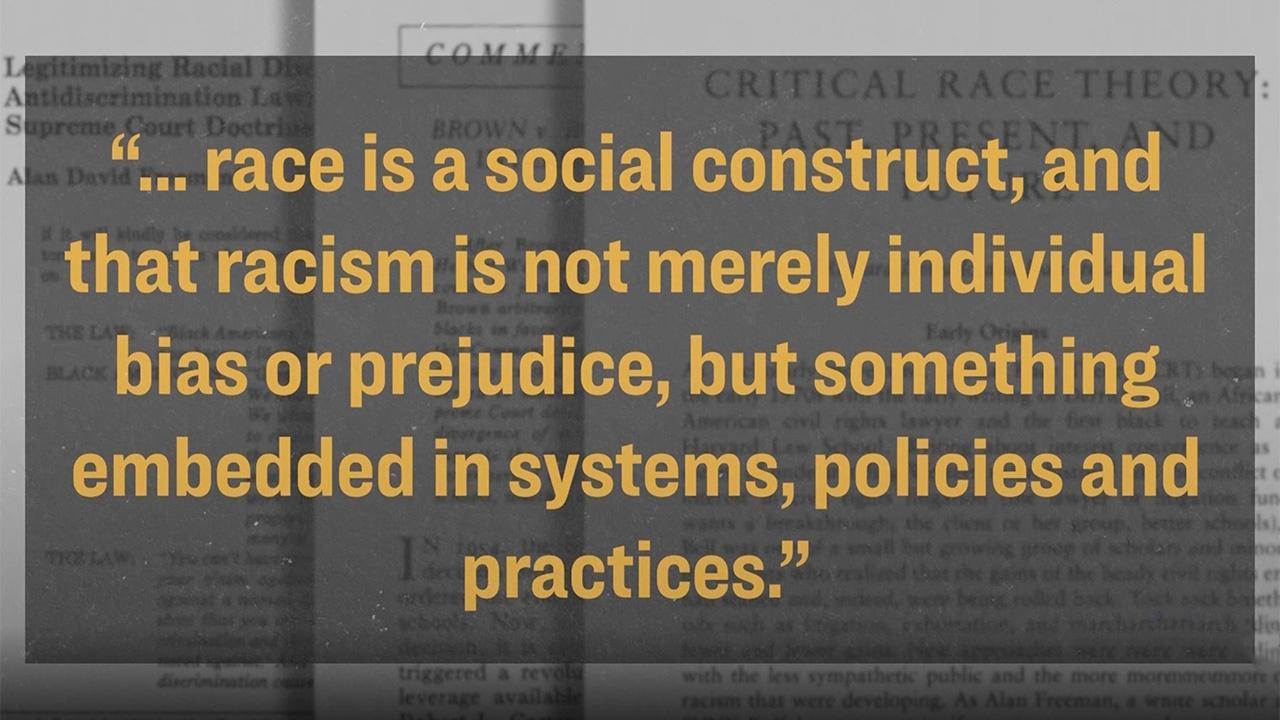
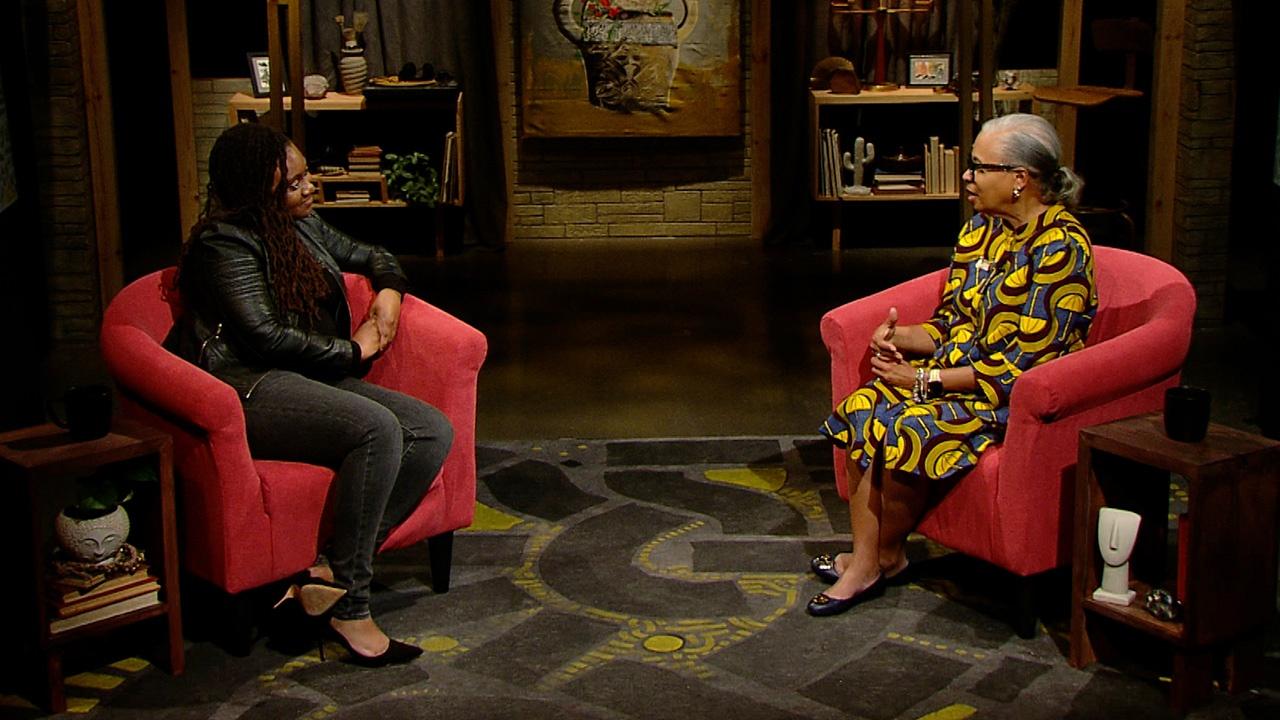
 Passport
Passport





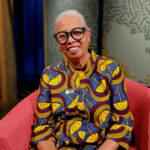
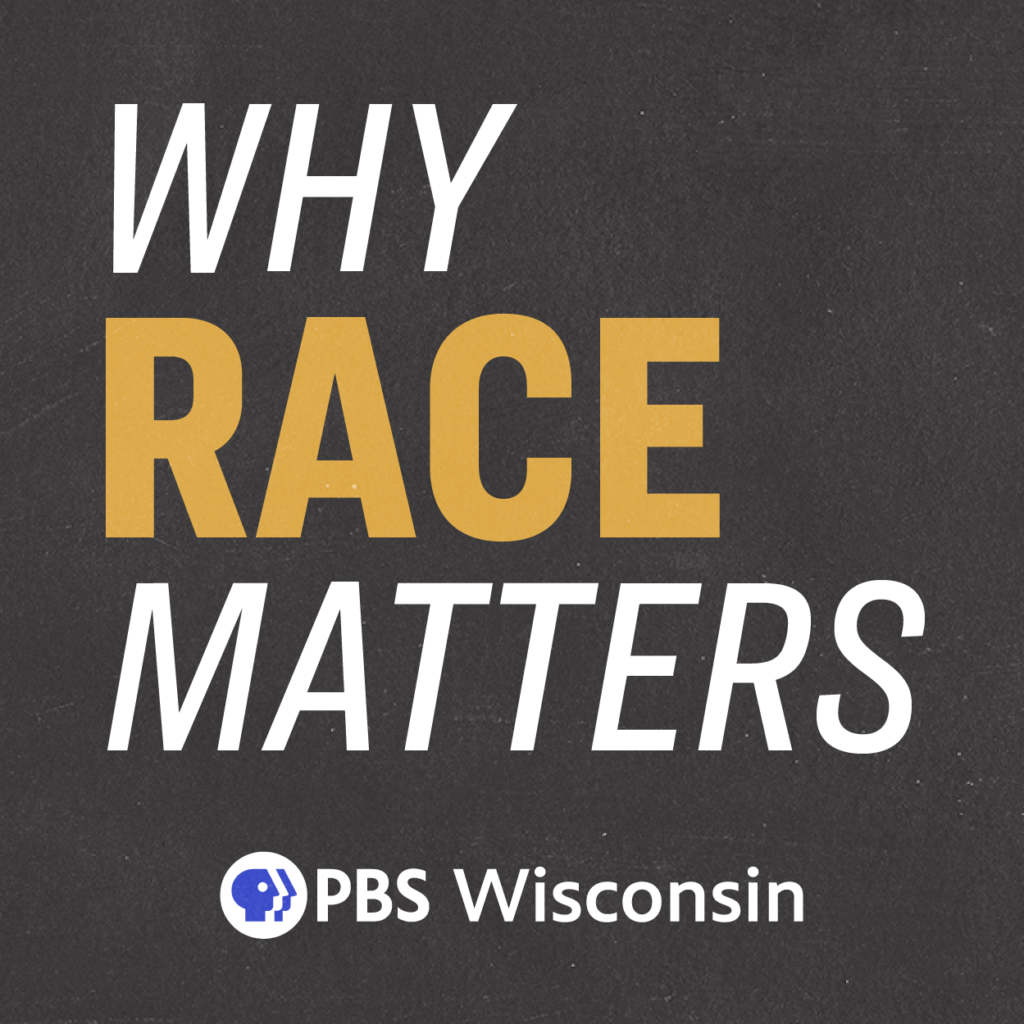

Follow Us